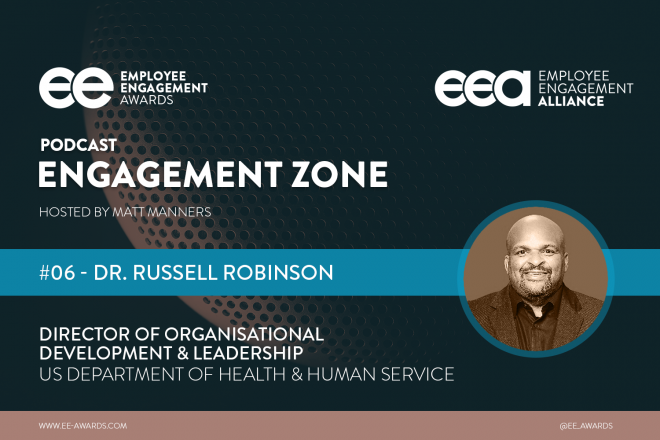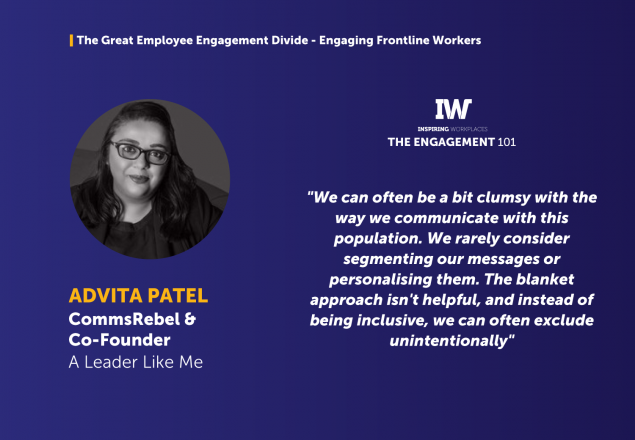
25th October 2024
How Educators Can Support Young Professionals’ Workplace Adaptation

Young professionals often struggle to adapt socially in the workplace, as traditional higher education emphasizes technical skills over essential soft skills like communication and conflict management. This disconnect can lead to anxiety and hinder job performance. Educators can help by incorporating role-playing, feedback loops, leadership courses, and mental health training into the curriculum to better prepare students for workplace challenges.
This article was written by Lee Ann Rawlins Williams and published in The Conversation.
Despite ongoing worries about how artificial intelligence will affect jobs, research shows that employers increasingly value something that only human workers can provide – soft skills. These include knowing how to communicate with co-workers, put others at ease and navigate conflict.
However, these essential skills are often neglected in traditional higher education. Colleges and universities’ primary focus is to teach students how to become experts in their fields, but they often fall short in preparing students for the social and emotional demands of the workplace.
This disconnect is not a minor oversight. It’s a fundamental flaw in how colleges and universities equip young professionals for success. At best, it creates a communication gap between younger and older workers. At worst, it impacts young workers’ job performance as well as their mental health as they struggle to prove themselves.
A case study
Let me introduce you to a young woman whom I taught. Let’s call her Emily to protect her privacy. She represents the qualities and challenges that many employers have observed in their new young hires.
Emily graduated at the top of her class at a public university, eager to make an impact in her new role at a dynamic startup. However, she soon encountered unexpected challenges.
She came to my office often after she graduated and told me she found it difficult to connect with colleagues and articulate her ideas in team meetings. This disconnect was compounded by a lack of understanding of workplace culture, including knowing how the chain of command works and how to communicate with her colleagues and bosses. She misinterpreted feedback as criticism rather than advice and struggled to communicate her thoughts clearly and precisely. She also struggled with how to manage conflict in the office.
As weeks passed, Emily’s anxiety mounted. She felt the pressure to prove herself. Meanwhile, her attempts to contribute innovative ideas were often met with confusion or resistance, further complicating her integration into the team.
Her bosses grew increasingly frustrated with what they perceived as Emily’s inability to communicate effectively.
Accustomed to clear and direct communication, they found Emily’s approach unengaged. Emily vented her frustrations in online chats and apps, like Snapchat, and even made a TikTok video about it, rather than approach her boss for a one-on-one conversation. This only widened the divide between her and her employer.
A growing challenge in the workplace
Emily’s experience is far from unique. It represents a growing challenge faced by young professionals transitioning from the structured environment of education into the unpredictable terrain of the workforce. This period of transition can overwhelm new graduates who find themselves unprepared for the realities of professional life despite their academic achievements.
The transition from student to employee often triggers anxiety, stress and frustration. High expectations placed on young workers to quickly adapt and perform, often without sufficient support, exacerbate these feelings.
In Emily’s case, her feelings of isolation grew, and she began to believe she was falling short of her potential. Lacking strong coping mechanisms, she became increasingly stressed, further impairing her ability to perform and communicate effectively.
Young professionals’ struggles to find their footing in their jobs also have an impact on the workplace as a whole.
One of Emily’s key challenges was navigating workplace communication, where the generational gap between young professionals and their more experienced colleagues often led to differing communication styles and expectations.
While older generations may favor direct, in-person communication, younger workers like Emily are more accustomed to digital communication. They may rely on social media platforms, like X and Snapchat, for feedback and support.
This generational divide can lead to misunderstandings and frustrations on both sides. In Emily’s case, her inclination to seek online feedback was perceived by her employer as unprofessional. Such misalignments highlight the need for better preparation and understanding of workplace dynamics, starting in college.
Read the article in full here: Young professionals are struggling to socially adapt in the workplace – educators can help






